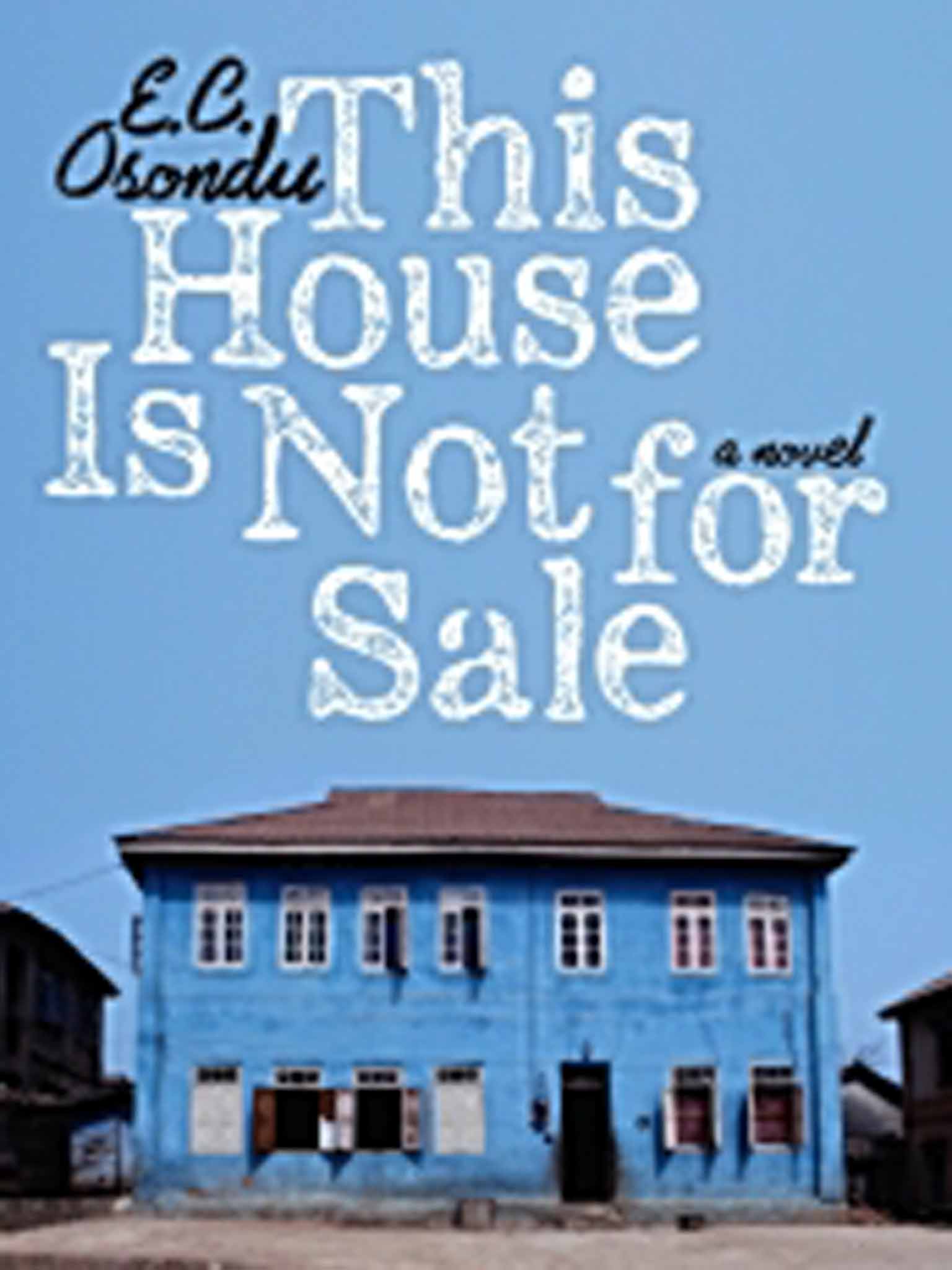This House is Not For Sale by EC Osondu - book review: These walls can talk and it's worth a listen
Clearly drawing on the culture of traditional oral storytelling, a refrain of unidentified voices whispering and gossiping appears regularly throughout the book

EC Osondu's This House is Not For Sale is set in and around a large mansion in a working-class Nigerian neighbourhood. The "Family House" belongs to "Grandpa", a man who's most definitely the king of his castle. He's a patriarch both munificent and tyrannical who presides over his "family" – a motley crew of blood relations; tenants and hangers-on; and those in his service – with a firm hand and the final word on everything.
Said to have been built for its first inhabitant – one of Grandpa's ancestors who was a "strong juju man" – by a fearful king keen to placate his powerful subject, the house is seeped in legend. Such a myth of origins isn't out of place in a community already rich in superstition and folklore, but the Family House commands a certain extra respect as a result.
It offers sanctuary to those in need – to murderers; misfits and eccentrics; even those who after visiting Tata Mirror, one of the house's inhabitants who can spot witches and wizards, "had confessed their witchcraft but were left behind out of shame by their families." This asylum comes at a price though: "One of Grandpa's favourite sayings is that no person is completely useless in this life," and indeed, he's very good at finding work for anyone who needs it; work that puts money in his pocket that is.
Clearly drawing on the culture of traditional oral storytelling, a refrain of unidentified voices whispering and gossiping appears regularly throughout the book. This recalls a classical Greek chorus, punctuating what is otherwise the voice of a single narrator; that of one of Grandpa's grandchildren, an eagle-eyed child who watches the lives of those around him unfold. His voice is like the string of a necklace on which a host of beads – the individual chapters – are strung.
Bookended between the first chapter (How the House Came to Be) and the last (How the House Came to Be No More) are what are, in effect, a series of separate and stand-alone stories, each named after one of the house's many inhabitants – from a woman who works on one of Grandpa's market stalls who is cruelly punished for stealing from him, through a returning prodigal son who entertains men behind closed doors, to Uncle Zorro's white wife.
It's not a million miles away from Osondu's acclaimed first work, his short story collection Voice of America, though This House is Not For Sale paints a powerful portrait of a community in microcosm rather than diaspora.
Subscribe to Independent Premium to bookmark this article
Want to bookmark your favourite articles and stories to read or reference later? Start your Independent Premium subscription today.

Join our commenting forum
Join thought-provoking conversations, follow other Independent readers and see their replies